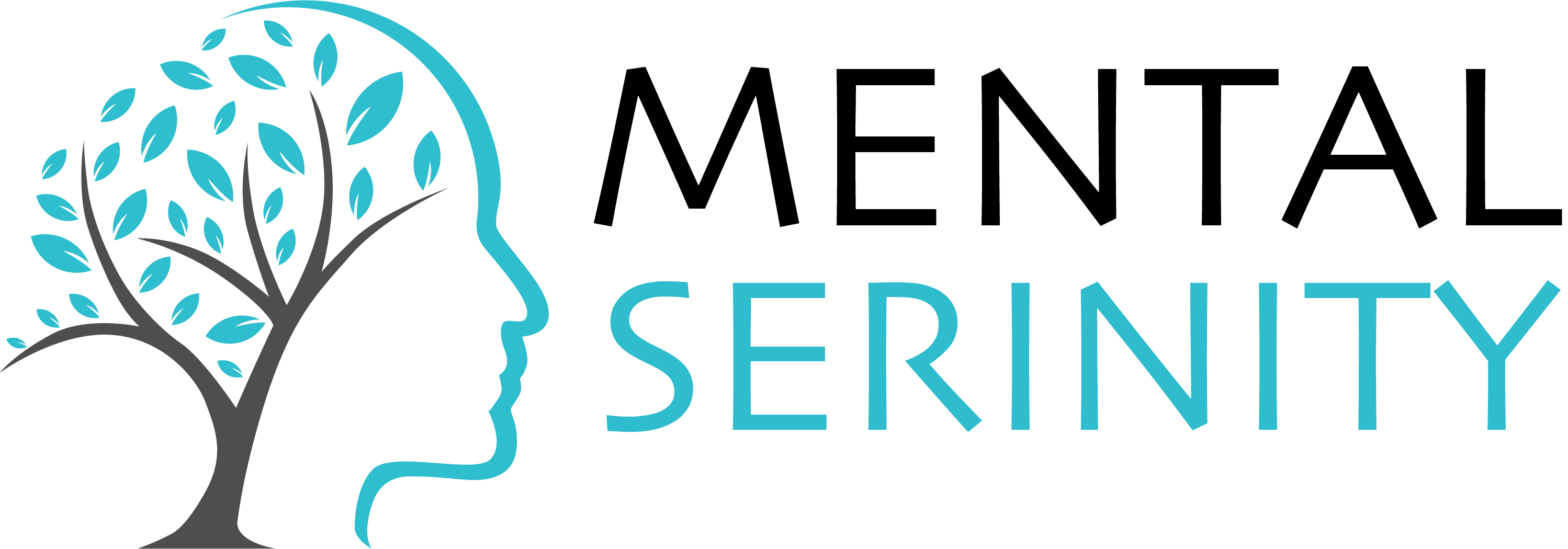Cannabis has gained widespread attention for its medicinal properties and recreational use, offering relief for various ailments such as chronic pain and anxiety. However, as its popularity grows, concerns about its long-term effects, particularly on emotional well-being, are becoming more prominent. This blog explores the intricate relationship between cannabis use and emotional health, focusing on both potential benefits and the risks associated with prolonged use.
Understanding Emotional Well-Being
Emotional well-being encompasses an individual’s ability to manage stress, maintain relationships, and experience positive emotions. It is a cornerstone of overall mental health, influencing decision-making, social interactions, and resilience in the face of challenges. Cannabis, as a psychoactive substance, directly interacts with the brain’s chemistry, thereby impacting emotional states.
How Cannabis Affects Emotional Well-Being
- Short-Term Emotional Effects
Cannabis use can elicit a range of emotions depending on dosage, strain, and individual sensitivity. Common short-term effects include:
- Euphoria: Many users report feeling relaxed and uplifted, attributing this to cannabis’s ability to increase dopamine levels.
- Anxiety Reduction: Low doses of cannabis, particularly CBD-rich strains, can help alleviate anxiety and promote a sense of calm.
- Altered Perception: Users may experience heightened sensory awareness and changes in time perception, which can affect their emotional responses to stimuli.
- Long-Term Emotional Impact
While short-term effects are often sought after, long-term cannabis use can have more complex implications for emotional well-being:
- Emotional Numbing: Chronic use may lead to a diminished ability to experience emotions deeply, often referred to as emotional blunting.
- Increased Anxiety and Paranoia: Paradoxically, prolonged use of high-THC strains can heighten anxiety and induce feelings of paranoia in some individuals.
- Mood Swings: Regular cannabis use has been linked to increased mood instability, making it harder for users to regulate their emotions effectively.
The Role of the Brain in Emotional Health
- Endocannabinoid System (ECS)
The ECS plays a crucial role in regulating emotions, stress responses, and mood. Cannabis interacts with this system by mimicking natural endocannabinoids, which can:
- Temporarily Enhance Mood: By activating cannabinoid receptors, THC can produce feelings of pleasure and relaxation.
- Disrupt Natural Processes: Over time, chronic cannabis use can desensitize these receptors, reducing their efficiency and potentially impairing emotional regulation.
- Brain Regions Affected
- Amygdala: Responsible for processing emotions, the amygdala can become overactive with chronic cannabis use, leading to heightened anxiety and fear responses.
- Prefrontal Cortex: Prolonged use may impair the prefrontal cortex, essential for decision-making and emotional control, resulting in impulsivity and difficulty managing stress.
Mental Health Disorders and Cannabis
- Depression
- Correlation: Studies suggest that heavy cannabis use is associated with an increased risk of depression, particularly in individuals predisposed to mood disorders.
- Mechanism: THC’s initial dopamine boost can lead to long-term reductions in dopamine sensitivity, contributing to feelings of apathy and low mood.
- Anxiety
- Initial Relief vs. Long-Term Risk: While cannabis can alleviate anxiety in the short term, habitual use may exacerbate symptoms over time, especially with high-THC strains.
- Withdrawal Symptoms: Individuals who develop dependence may experience heightened anxiety during periods of abstinence.
- Psychosis and Bipolar Disorder
- Psychosis: Chronic cannabis use, particularly in genetically predisposed individuals, has been linked to a higher risk of psychotic episodes.
Bipolar Disorder: Cannabis may worsen manic or depressive episodes in individuals with bipolar disorder, disrupting emotional stability.
Social and Relational Impact
- Interpersonal Relationships
Long-term cannabis use can strain relationships due to:
- Emotional Withdrawal: Users may become less engaged and empathetic over time, impacting their ability to connect with others.
- Dependency-Driven Behavior: Prioritizing cannabis use over social commitments can lead to conflicts and isolation.
- Workplace Dynamics
- Reduced Emotional Intelligence: Impaired ability to recognize and manage emotions can affect professional interactions and teamwork.
- Productivity Challenges: Chronic cannabis use may lead to decreased motivation and focus, influencing job performance.
Factors Influencing the Emotional Impact of Cannabis
- Age of Onset
- Adolescents: Early cannabis use during critical brain development stages increases the risk of emotional and cognitive issues in adulthood.
- Adults: While risks are lower, chronic use can still disrupt emotional regulation and resilience.
- Frequency and Dosage
- Occasional Use: Moderate, responsible use may have minimal impact on emotional health.
- Chronic Use: Regular, high-dose consumption significantly increases the risk of adverse emotional effects.
- Genetic and Environmental Factors
- Predisposition: Individuals with a family history of mental health disorders are more vulnerable to cannabis’s emotional risks.
- Stress and Trauma: Pre-existing emotional challenges can be amplified by prolonged cannabis use.
Strategies for Mitigating Risks
- Mindful Consumption
- Choose CBD-Rich Strains: Opt for products with higher CBD-to-THC ratios to reduce psychoactive effects.
- Set Limits: Avoid daily use and take breaks to allow the brain to recover.
- Lifestyle Integration
- Exercise Regularly: Physical activity boosts endorphins and counteracts emotional numbing.
- Practice Mindfulness: Techniques like meditation can enhance emotional regulation and reduce reliance on cannabis for stress relief.
- Maintain Social Connections: Engaging in meaningful relationships supports emotional health.
- Seek Professional Help
- Therapy: Cognitive Behavioral Therapy (CBT) can help address dependency and develop healthier coping mechanisms.
- Medical Advice: Consult a healthcare professional to explore safer alternatives for managing emotional challenges.
The Path to Emotional Balance
While cannabis offers potential benefits, its long-term use poses significant risks to emotional well-being. Understanding these impacts empowers individuals to make informed choices and adopt strategies that prioritize mental health. Balancing cannabis use with healthy habits and seeking support when needed ensures a more sustainable approach to emotional wellness.
Remember, emotional well-being is a journey that requires mindfulness, self-awareness, and proactive care. Whether you choose to use cannabis or not, fostering a healthy relationship with your emotions will lead to a more fulfilling and resilient life.


